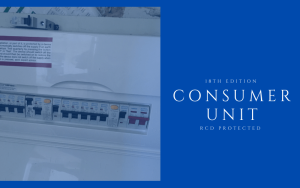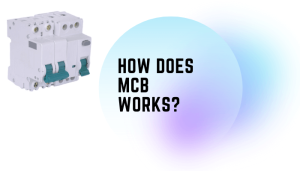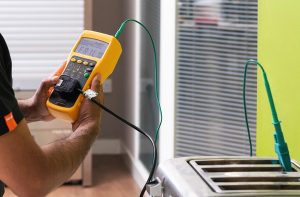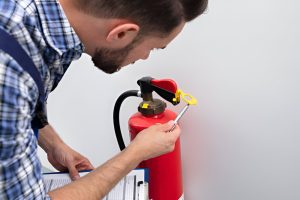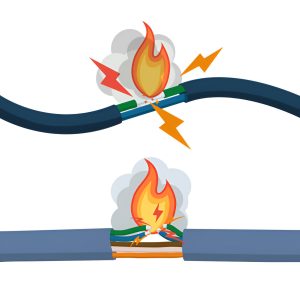Did you know that over 70% of electrical accidents in the UK could be prevented by regular Electrical Installation Condition Report (EICR) checks? As a seasoned professional in the field, I often get asked about the lifespan of an EICR.
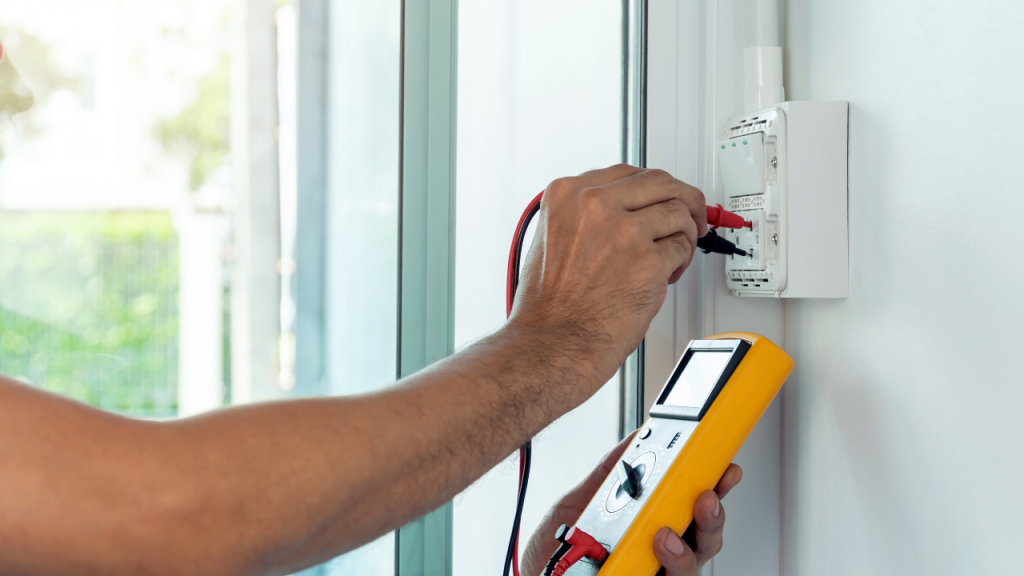
The answer might surprise you, as it isn’t a one-size-fits-all scenario. It hinges on several aspects such as the type of property and its electrical conditions.
So, why don’t we dive deeper into the specifics surrounding this question, and along the way, explore why the EICR is so crucial for maintaining electrical safety?
Understanding EICR Validity and Frequency
Understanding the validity and frequency of an Electrical Installation Condition Report (EICR) is vital for ensuring the safety and compliance of a property’s electrical system in the UK. EICR inspection intervals vary based on the type and age of the property, usage of electrical appliances, and other factors affecting EICR validity. For instance, a newly built property may have a longer validity period compared to an older one.
EICR frequency variations are also largely dependent on how the electrical system is being used. Commercial properties or those with heavy electrical usage may need more frequent inspections than residential properties. Ensuring EICR compliance is a legal requirement in the UK, and failure to do so can result in hefty penalties.
Monitoring EICR validity is a vital part of property maintenance. It’s not something that you can just set and forget. Regular checks are needed to make sure that the electrical system continues to meet the standards set out in the EICR. This can involve anything from visual inspections to more detailed checks by a certified electrician. By staying on top of this, you can keep your property safe and compliant.
Importance of Regular EICR Inspections
While maintaining EICR validity is key, the need for regular EICR inspections can’t be understated, as these inspections play a pivotal role in ensuring electrical safety and compliance. Regular inspections help identify potential electrical hazards that might be overlooked during routine maintenance. This not only guarantees property safety but also prevents costly repairs and potential damage to your property.
Inspection frequency is another important aspect. For instance, commercial properties should undergo EICR inspections every five years. However, the frequency can vary depending on the condition of the property and the electrical installation. The more frequent the inspections, the less likely you’re to encounter unexpected electrical issues.
Regular EICR inspections also guarantee that your property’s electrical installation is in line with the current electrical standards. This can be especially important when it comes to selling or renting out your property, as potential buyers or tenants will want to be assured of the property’s electrical safety.
Legal Requirements for EICR Inspections
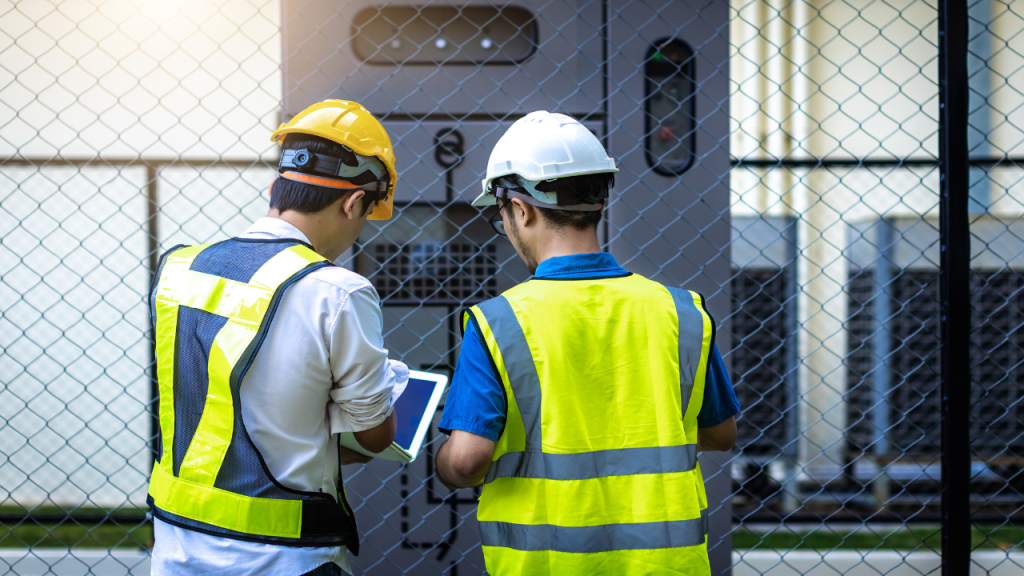
In the UK, it’s legally required for landlords to conduct EICR inspections every five years, as stipulated by the Electrical Safety Standards in the Private Rental Sector (England) Regulations 2020. This regulation is one of the main legal EICR inspection requirements, making certain that electrical installations in rented properties are safe and up to code.
The EICR validity period is determined by the electrician conducting the examination, taking into account the age and condition of the installation. While the legal requirement sets a maximum of five years, depending on conditions, EICR inspection frequency can be more regular to guarantee ongoing electrical safety.
EICR compliance regulations are strict and non-negotiable. Landlords must make sure they adhere to these regulations to avoid severe penalties, which can include substantial fines. The EICR certificate importance can’t be overstated; it’s a legal document that verifies the safety of a property’s electrical system.
Safety Measures and Periodic Check-ups
Regular safety measures and periodic check-ups are essential in maintaining the integrity and safety of a property’s electrical system. Compliance with safety regulations and standards not only assures the safety of the inhabitants but also the longevity of the electrical installations.
Electrical safety relies heavily on regular inspections. By adhering to the set inspection protocols, potential electrical issues can be identified and rectified early, greatly reducing the risk of electrical-related incidents. These inspections involve a thorough risk assessment, verifying that the property’s electrical system is up to par with the current safety and compliance standards.
In the UK, the recommended frequency for these inspections, also known as an Electrical Installation Condition Report (EICR), is every five years. However, this can vary depending on the type and usage of the building. For instance, industrial environments or locations with a higher risk factor may require more frequent inspections.
EICR Pricing Structure
Having understood the importance of periodic inspections for your property’s electrical system, let’s now look at the cost involved in obtaining an EICR. The pricing structure for an EICR can vary significantly, depending on several factors.
- Size and complexity of the electrical system: A larger or more complex system will require more time to inspect, thus increasing the cost.
- Location of the property: Rates may differ based on where you’re in the UK, with prices typically higher in major cities.
- Electrician’s expertise: Highly experienced electricians may charge more for their services but may also provide a more thorough inspection.
Keep in mind that while pricing comparison is important, industry standards shouldn’t be compromised. The inspection criteria set by the British Standards Institute must be adhered to ensure safety and compliance.
As for the renewal process, it’s typically every five years, but this can vary based on the electrician’s recommendations and the condition of your electrical system. The cost implications of not renewing your EICR can be severe, including potential fines and invalidated insurance. Therefore, it’s crucial to budget for EICR renewal as part of your property’s regular maintenance costs.
EICR Certificate: What It Entails
The EICR Certificate, an essential document resulting from a thorough electrical inspection, provides a detailed analysis of an electrical system’s health in any given property. It’s a critical instrument for maintaining electrical safety, as it scrutinizes every element of the system, identifying any potential risks or non-compliance areas.
The certificate details the condition of the electrical system, including circuits, switches, sockets, and other components. It also notes any deviations from the UK standard for the safety of electrical installations, BS 7671.
The inspection process entails a thorough risk assessment, ensuring all parts of the electrical system meet the compliance standards. If any hazards are identified, the certificate will detail the necessary remedial action.
Here’s a snapshot of what the EICR involves:
| Aspect | Inspection Process | Outcome |
|---|---|---|
| Electrical Safety | Checks all components for safety | Identifies potential risks |
| Compliance Standards | Assesses against BS 7671 | Outlines deviations from standards |
| Certificate Details | Documents findings | Details hazards and actions required |
| Risk Assessment | Evaluates potential risks | Provides recommendations for mitigation |
Customizing EICR Validity
While the EICR Certificate offers a detailed analysis of your electrical system’s condition, it’s worth noting that the validity of this certificate can be tailored to specific circumstances. This means you can have a certain degree of control when it comes to customizing inspection intervals, thereby ensuring EICR duration flexibility.
- Customizing Inspection Intervals: Depending on the type of your property and the condition of your electrical installations, you might need more frequent inspections. This is particularly true for properties with older electrical installations, or those exposed to harsh environmental conditions.
- EICR Duration Flexibility: The general rule is that an EICR is valid for five years. However, this can be shortened based on the electrician’s recommendations, especially if your electrical system is deemed high-risk.
- Tailored Validity Periods: You can also opt for personalized inspection timelines, adapting EICR schedules to suit your specific needs.
Penalties for Non-Compliance With EICR
Neglecting EICR requirements can lead to serious repercussions, including hefty fines and legal action. The non-compliance repercussions aren’t just financial; they also have serious safety implications. As a landlord, if you don’t comply with EICR requirements, you may be jeopardizing the safety of your tenants. In severe cases, faulty electrics can lead to electrical shocks or fires, which can cause injuries or even fatalities.
The legal consequences for neglecting EICR regulations are stringent. Fines can reach up to £30,000 in the UK, and in some cases, landlords could be prosecuted. If a tenant or visitor suffers an injury due to faulty electrics, they could sue you for negligence.
There are very few extension considerations or special cases exemptions. The law is clear: landlords must assure their properties are electrically safe. However, if a property is declared uninhabitable due to a major disaster or unforeseen circumstances, an EICR may not be immediately necessary.
Conclusion
To summarize, understanding the validity of an EICR in the UK is essential for maintaining electrical safety and compliance. Regular inspections, legal requirements, and periodic check-ups are key aspects to keep in mind.
Don’t overlook the importance of a valid EICR certificate, and remember, it can be tailored to your property’s needs. Non-compliance can result in penalties, so it’s worth investing in your property’s electrical health.
Stay safe, stay informed, and keep your EICR up to date.



